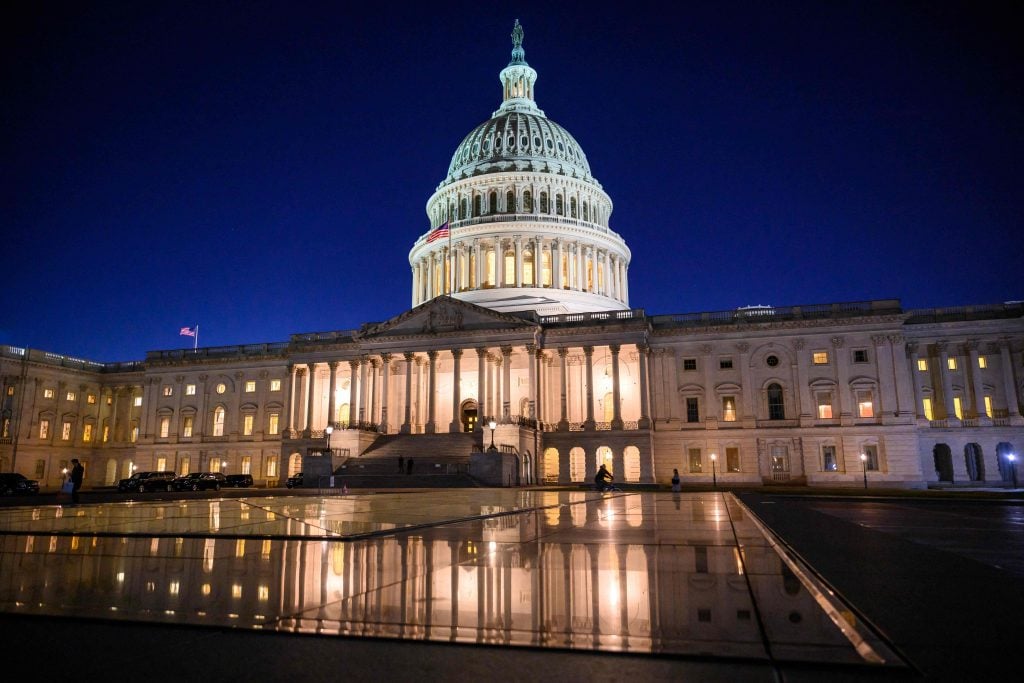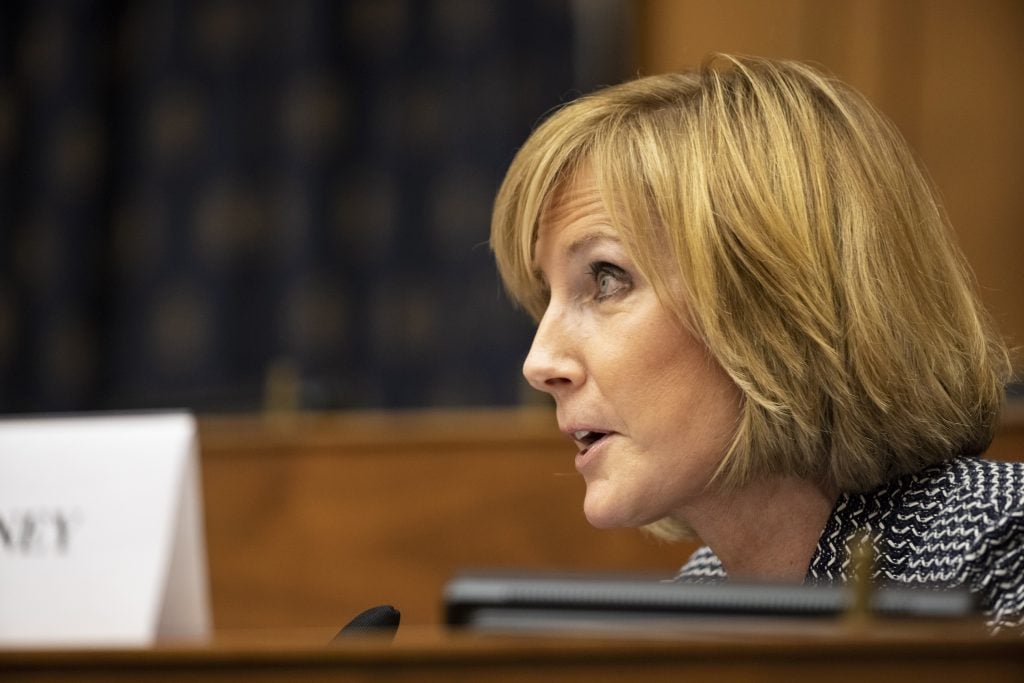Law & Politics
U.S. House Passes Controversial Bill Targeting Arts Nonprofits
Among others, the Association of Art Museum Directors argues the bill would give the Treasury overly broad powers.

The U.S. House of Representatives has passed a bill that would allow the Treasury Secretary broad powers to designate nonprofit organizations as supporters of terrorism and revoke their tax-exempt status. The Stop Terror-Financing and Tax Penalties on American Hostages Act was authored by New York State Representative Claudia Tenney, representing the state’s 24th Congressional District.
The bill passed the Republican-controlled House on Wednesday by a vote of 219 to 184, with 15 Democrats voting in support. It now goes from the Republican-controlled House to the Senate, where Democrats hold a 51-seat majority.
Another provision of the bill proposes to postpone tax deadlines and reimburse paid late fees for U.S. citizens wrongfully detained or held hostage abroad, likely making it difficult for lawmakers to oppose the bill.
Both the Association of Art Museum Directors (AAMD), which has 209 members, and the American Alliance of Museums are members of the Independent Sector and the National Council of Nonprofits, which, together with the National Council of Nonprofits and United Philanthropy Forum, have published a letter in opposition to the bill, arguing that its “expansive new authority… could be abused.”

Representative Claudia Tenney, Republican from New York. Photo: Ting Shen/Bloomberg.
The Secretary would not be required to share their evidence or reasoning with the nonprofits, the letter points out, and the bill fails to grant due process by placing the burden of proof on the organization to prove its innocence and providing only 90 days to do so before revoking their tax-exempt status. Such an accusation alone, the AAMD letter adds, could irreparably damage the organizations’ reputation, undermining its trust with financial institutions and donors.
The American Civil Liberties Union also published its letter to Mike Johnson, Speaker of the House of Representatives, saying that it raises “significant constitutional concerns.” Because it vests so much power in the Secretary of the Treasury, the ACLU writes, “it creates a high risk of politicized and discriminatory enforcement.” The organization also points out that it is already a federal crime to support terrorist organizations.
The ACLU’s letter is co-signed by some 150 organizations, including the American Federation of Teachers, Amnesty International USA, the Brennan Center for Justice at the NYU School of Law, Citizens for Ethics and Responsibility in Washington, the Council on American-Islamic Relations, Greenpeace USA, Human Rights Watch, the NAACP, Oxfam America, People for the American Way, Planned Parenthood, the Southern Poverty Law Center, and the United Auto Workers.
Speaking in the House Rules Committee prior to a vote that took place there on Monday, U.S. Representative Mary Scanlon, a Pennsylvania Democrat, called on her colleagues to reject HR 9495, as reported by Nonprofit Quarterly, saying: “We all oppose terrorism and organizations that actually materially support terrorism should not enjoy tax-exempt status but that’s not what this bill is about. This bill gives the president, any president, a broad authority to target and silence civil society groups the president does not agree with, and then the groups have no way to challenge this determination. Regardless of one’s party affiliation we should all be wary of giving any president an authority like the one that is proposed in this bill.”





